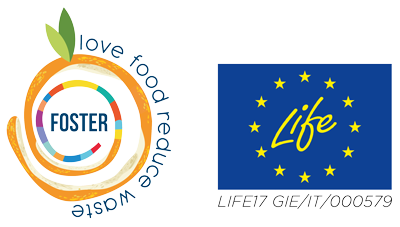Our buying and eating habits have shifted significantly over the last couple of decades. One of the critical reasons for this change is the advertising and media industry that greatly increased our desire to have more than we need. The uncontrolled need to accumulate things overran every aspect of our life, including the amount of food we buy. A widespread modern ailment called “consumerism” goes hand in hand with the rise of marketing and ads. Consumerism is, in fact, linked to many things, including food waste, overeating and, consequently, an unhealthy population and environmental issues.
But, who’s to blame?
Behind every tempting food product in the supermarket stands a formation of highly skilled experts that work relentlessly for the food industry. Their goal is to make you want to grab the product from the shelf even if you don’t need it and even if it won’t give you any nutritional value. The products are strategically and carefully designed with colorful and exciting packaging, affecting the psychology of buyers.
The clear message is “buy more, eat more”, which, by now, almost every consumer adopted as their own truth. Such powerful influence of food and marketing strategies requires that we have an even stronger sense of detecting the advertisement techniques. So, if we cannot control our buying urge, it is not just because of the lack of self-discipline. Instead, an impeccably planned psychological strategy that the food industry created stands behind this.
In addition, it seems that our daily obligations and busy lifestyle left minimum to no time for food preparation and cooking. As a result, we search for the quickest (often less healthy) solution to feed ourselves and our closest ones. But, unfortunately, this usually leads to compulsive and unplanned buying of many foods that, in the end, get spoiled. We don’t take time to plan what we will prepare in the next few days. We rather want to cross our trip to the supermarket from the “to-do” list as fast as possible so we can switch to the next task.
Buying more than we need causes excess food in households worldwide, creating unnecessary food waste. Food waste is a tremendous problem as it wastes energy and damages the environment. We already deal with severe environmental issues in these modern times, and if we keep the wheel of consumerism turning, it might be too late to make up for the energy pollution we caused.
Obviously, the cause and effect chain in the food industry is multifaceted, from the influence of the profit-driven food industry and consumer’s lack of willpower to the acute environmental impact. However, with that said, there are ways to improve the current situation.
Certainly, our buying habits have to change drastically. For example, when going to the grocery store, we have to keep in mind what we actually need. A buying list could be a great help. But, even then, we might reach for the tempting product that is not on our list. Don’t get me wrong, there is no harm in buying something extra from time to time. My point is that if we don’t remain conscious enough to limit uncontrolled buying excursions, we actively participate in the destructive behavior called “consumerism” that causes so many problems to our planet.



- RandyTom
reply- MichaelVon
reply- dublikaty_svOr
reply- hotfrog
reply- TyroneBycle
reply- KonqiHeK
reply- JosehWax
reply- Josephbus
reply- Print-Advertising
reply- RandyTom
reply- ArthurExcex
reply- stenlixmum
reply- MichaelFum
reply- Jasonsweft
reply- TimothyleK
reply- Casinosgaink
reply